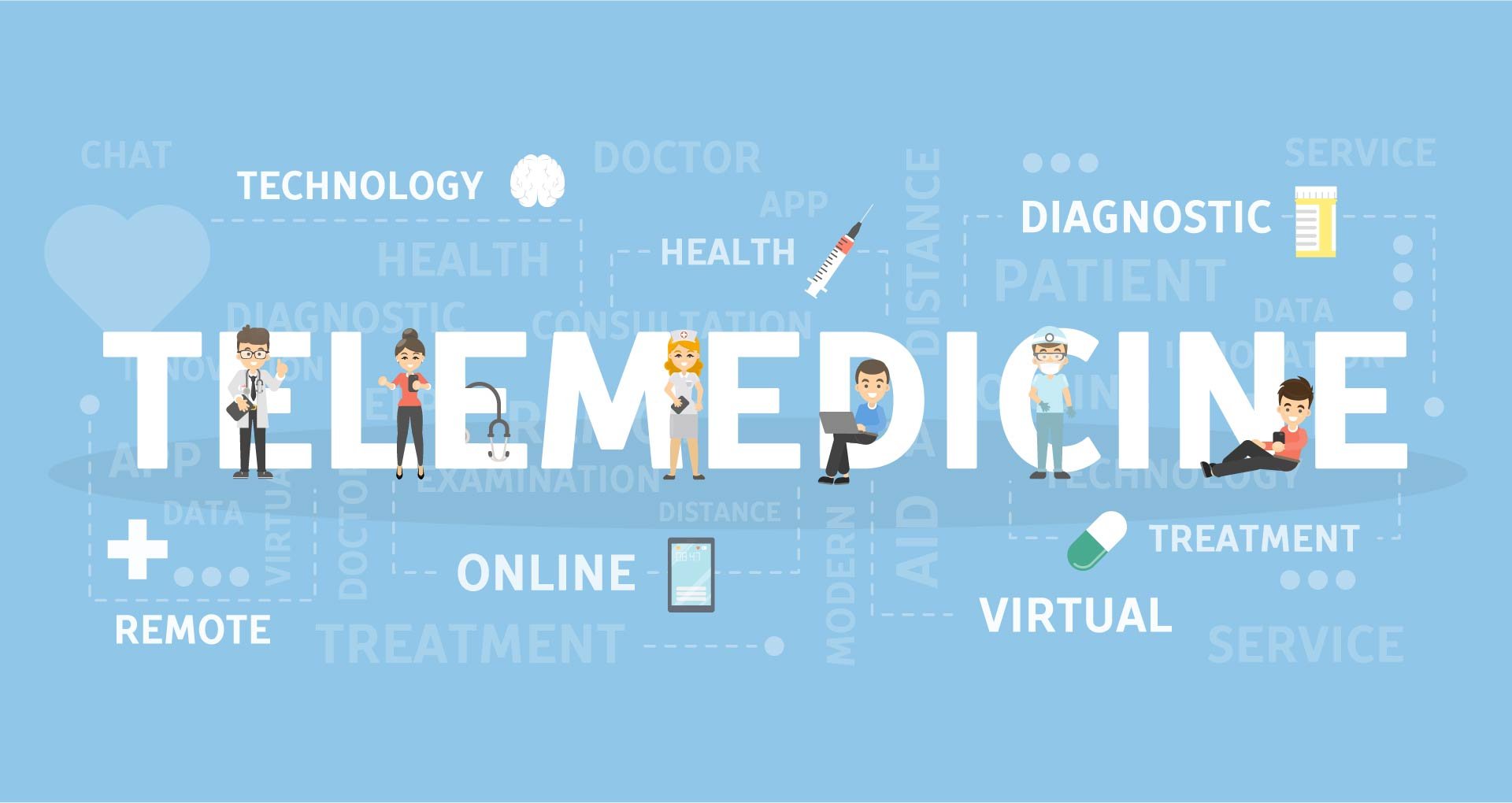
“Too many Americans are suffering, and far too many are not receiving the treatment they need to live healthy and productive lives,” said Paul Gionfriddo, Mental Health America president and CEO. One in five American adults is diagnosed with a mental health disorder, and over half of the U.S. adults with a mental health condition do not receive proper treatment.
These statistics make it evident that many patients across the country who are in need of mental health therapy either have limited access or choose not to engage in the process due to the social stigma surrounding mental health disorders. Telemedicine can be a highly effective solution for both issues, as it allows patients to be treated in the convenience and comfort of their own home.
Treating mental health in a virtual setting increases accessibility, drives costs down and helps combat the stigma. In fact, a survey conducted by Software Advice found that 67% of patients found that using telemedicine “somewhat” or “significantly increases” their satisfaction with their medical care.
Accessibliity
One of the biggest advantages of telemedicine is accessibility. 60% of all counties in the U.S. and 80% of rural counties do not have a single mental health clinician in the county. Telemedicine solves that problem by virtually bringing the clinician to the patient. This not only helps those living in remote areas, but also assists patients with limited mobility, as well as those who might be convalescing at home. As long as a patient can connect to the internet, telemedicine enables them to access treatment.
Another benefit is that providers can even connect with patients who may not always show up for appointments, improving the continuity of care and the desired outcomes. A Price Waterhouse-Cooper survey of patients aged 18 to 44 found that 72% of respondents said they would be willing to receive mental health care virtually if it was offered to them.
Cost Efficiency
Not only do most patients save money on each telehealth visit, they’re also saving on commute time and travel expenses. This can especially be true for those living in rural areas that would have to travel long distances for therapy appointments. A study of the University of California Davis Health System shows that telemedicine visits saved upwards of 11,000 patients a total of 9 years of time and $2.8 million in travel costs.
Patients aren’t the only ones whose pocketbooks can benefit from telemedicine; providers also see a significant savings by turning on-call hours into billable time, reducing no-shows, and reducing overhead for those who decide to transition to a more flexible work-from-home schedule.
Alleviates Stigma
According to a report published by Psychological Science in the Public Interest, the desire to avoid public stigma causes individuals to drop out of treatment or avoid it entirely for fear of being associated with negative stereotypes. The lead author of the report, psychological scientist Patrick W. Corrigan, said, “The prejudice and discrimination of mental illness is as disabling as the illness itself. It undermines people attaining their personal goals and dissuades them from pursuing effective treatments.”
While telemedicine itself cannot eliminate the social stigma surrounding mental health, it does provide a patient, who might not seek treatment otherwise, the option to be treated in the privacy of their own home, thus increasing the chance that they will seek treatment.
Telemedicine has been a disruptor in the healthcare industry as a whole, but it is especially poised to bring about improvements within the mental health space. With the expansion of telehealth services and solutions making mental health treatment more accessible, less costly and less stigmatized, the industry is likely to continue seeing big changes happen over the next couple of years.
Further Reading:
- 3 Questions To Determine If A Billing Company's The Right Fit For You
- 3 Ways Electronic VOB & Eligibility Saves Money & Time By Finding The Right Fit
- Aspen Ridge & Avea: Sharing A Vision


